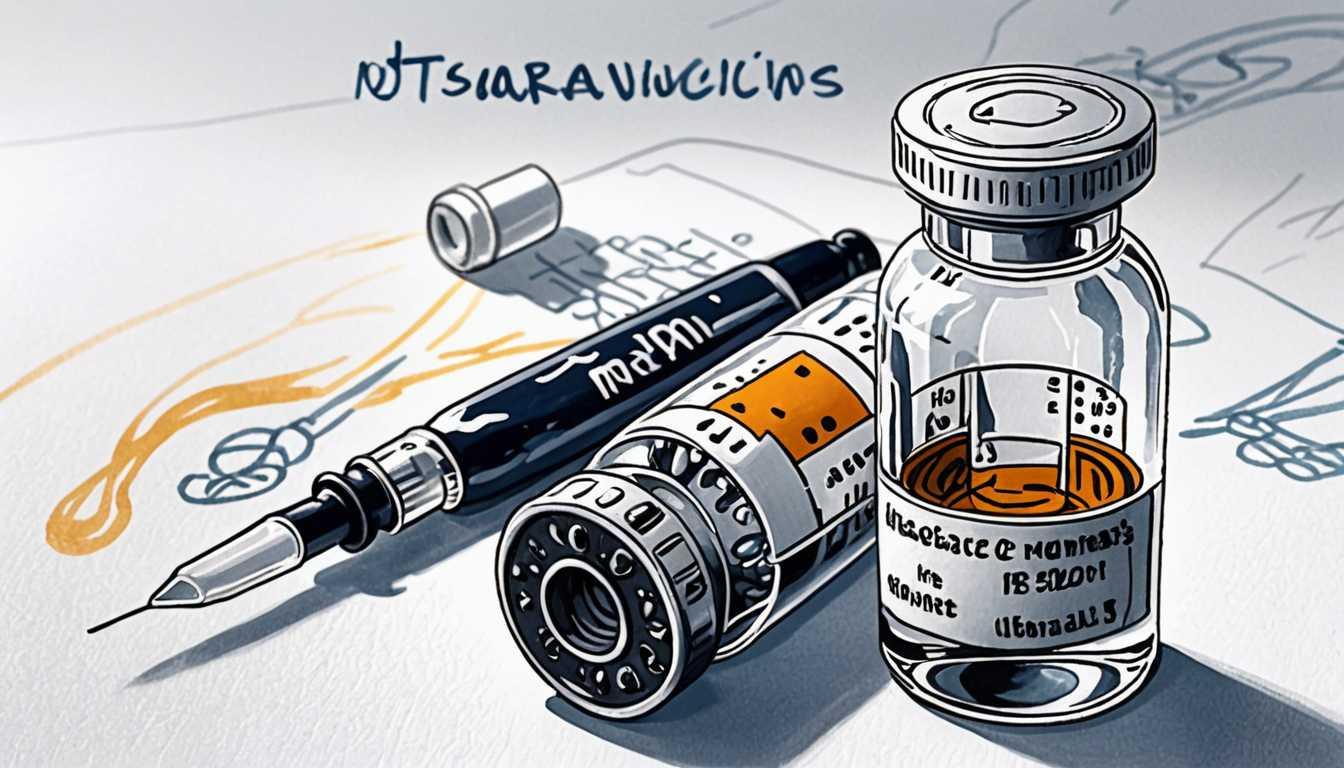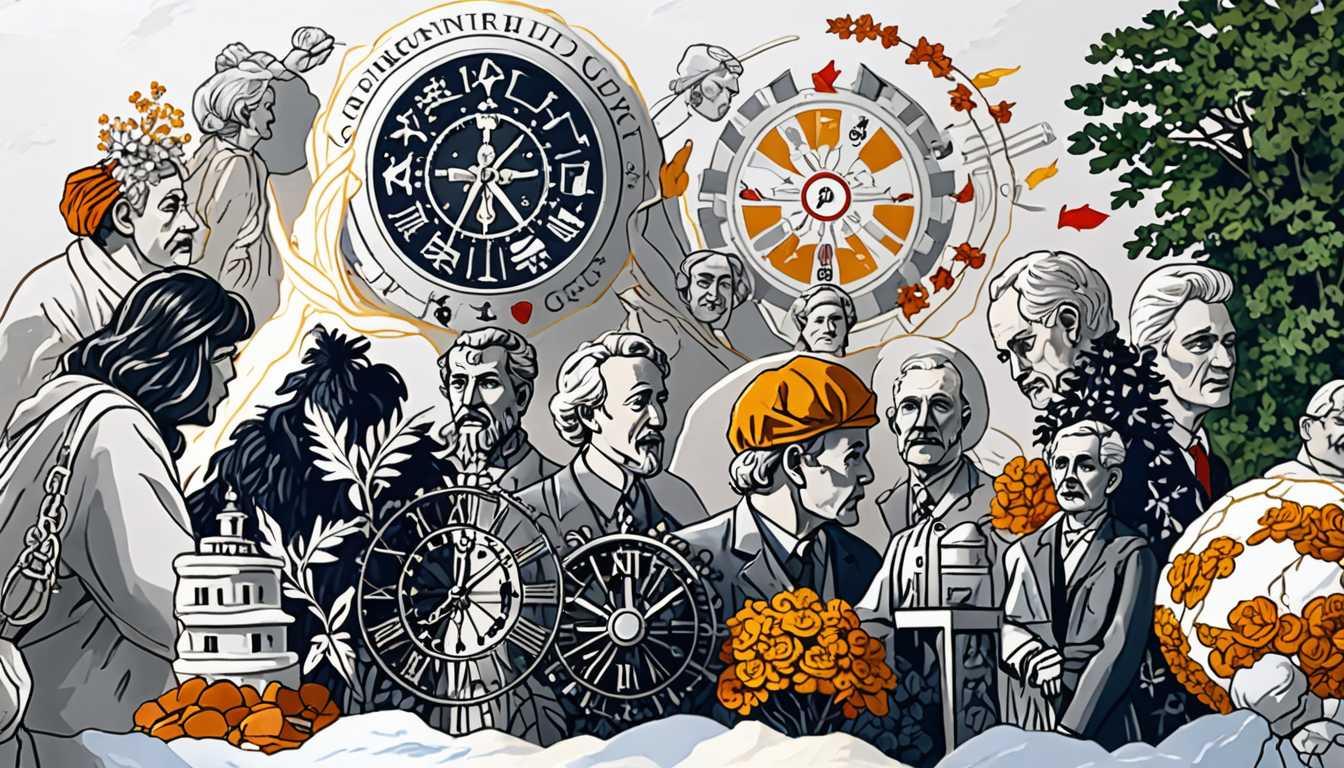ORCHID: Transforming Organ Transplants
April 2024
Massachusetts Institute of Technology (MIT)
Introduction
Dive into the life-saving world of organ transplants with MIT's latest scoop! Discover how a new database, ORCHID, could revolutionize the way organs are procured and distributed, potentially saving thousands more lives. With a mix of tech, ethics, and a dash of machine learning, this article isn't just about science—it's about giving second chances. Ready to explore how data might just be the hero we need? Check it out!
READ FULL ARTICLEWhy It Matters
Discover how this topic shapes your world and future
The Lifesaving Logic of Organ Donation
Imagine a world where every person in need of a new organ could receive one without a long, anxious wait. Organ donation isn't just about medicine; it's a crucial puzzle involving ethics, technology, and logistics. Every year, thousands of lives are saved through organ transplants, but many more are left waiting due to the scarcity of available organs. The process of organ procurement—how organs are collected and distributed—is complex and fraught with challenges, including ethical dilemmas and logistical inefficiencies. Understanding this process is vital not only for saving lives but also for ensuring that the system is fair and just, giving everyone an equal chance at a new lease on life. This topic could touch your life or someone you know, making it not only a globally significant issue but also a deeply personal one.
Speak like a Scholar
Organ Procurement
The process of identifying and retrieving organs from donors for transplantation.
Equity in Healthcare
The principle of fairness in health care, ensuring that everyone has access to the same quality of medical treatment regardless of race, economic status, or other factors.
Causal Inference
A method used in statistics to determine whether a change in one variable directly affects another.
Structural Econometrics
A branch of economics that uses statistical methods to model economic decisions and to infer causal relationships between economic variables.
Machine Learning
A field of computer science that uses algorithms to parse data, learn from it, and then make a determination or prediction about something in the world.
Dataset
A collection of related sets of information that is composed of separate elements but can be manipulated as a unit by a computer.
Independent Research Ideas
Analyzing the Impact of Socioeconomic Status on Organ Donation Rates
Investigate how economic and social factors influence individuals' willingness to donate organs.
Ethical Dilemmas in Organ Allocation
Explore the ethical considerations that must be balanced when deciding how to allocate scarce organ resources among patients.
The Role of Technology in Enhancing Organ Procurement Efficiency
Examine how advanced technologies like machine learning could streamline the organ procurement process.
Racial Disparities in Organ Transplantation
Study the factors contributing to lower organ donation rates and organ offer acceptance among racial minority groups.
Developing Policies for Better Equity in Organ Transplantation
Propose and evaluate potential policy changes that could make the organ transplantation system more equitable.
Related Articles

Outsmarting Pandemics: A New Vaccine Play
June 2023
Cornell University

Redefining Healthcare: The Longevity Revolution
March 2024
MIT Technology Review

Mia: AI's Triumph in Cancer Detection
November 2023
Imperial College London

Stress-Busting Wearable Tech Unveiled
June 2023
University of Bristol

Rethink Drinking: There's An App
March 2024
University of Bristol